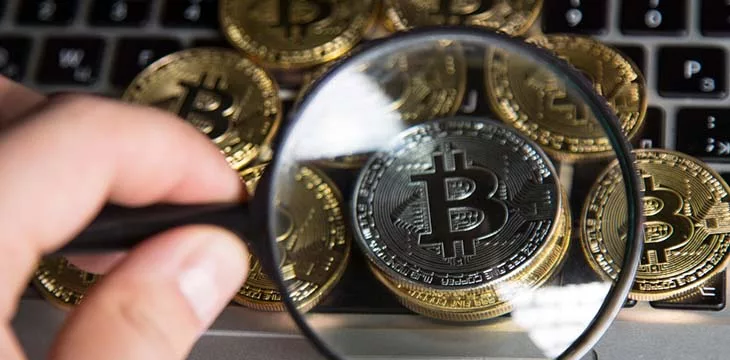|
Getting your Trinity Audio player ready...
|
South Korea’s central bank has joined the league of digital currency regulators in the country following a legislative amendment that will see it share investigative powers with the Financial Services Commission (FSC).
The Bank of Korea (BoK) will have the power to investigate digital currency service providers, giving them access to transaction data for exchanges operating in the country. The move is part of a broader plan by the government to crack down on the operation of bad actors in the industry that has been plagued with several large-scale collapses.
The BoK is particularly interested in the operations of stablecoins and their issuers in the country, expressing concerns that their functions may adversely affect the nation’s financial system. The central bank argued that it is the right institution to regulate issuers in line with its duty for financial stability since stablecoins operate as currency.
The FSC and the BoK have been at loggerheads over regulating digital currency in South Korea for over three years. The Commission argues that giving the central bank regulatory powers over digital assets is akin to conferring monetary value to the asset class.
“If the Financial Supervisory Services’s inspection right is specified in the Virtual Asset Act, it will cause the general public to misunderstand that the virtual asset market/business operator is treated the same as the financial market/institution,” an FSC official said.
In its defense, the central bank argued that the FSC is guilty of attempting to monopolize its regulatory powers over the digital currency industry, a position echoed by an official from the Political Affairs Committee. A South Korean lawmaker noted that over KRW 12 trillion (US$8 billion) worth of digital assets exit the country illegally every year, making it imperative for more regulations.
“The Financial Services Commission admits that it is necessary for the Bank of Korea to have the right to request data, but it is refusing to include it in the bill,” said Kim Han-gyu, a lawmaker spearheading efforts for increased regulations.
A tighter regulatory regime in South Korea
Following the unexpected collapse of Terra in May 2021, South Korean authorities are scrambling to patch together a tighter regulatory framework for the industry. The country expects an expansive regime of laws that will create a new licensing regime for service providers and give broader investigative powers to regulators.
Last year, the FSC launched a Digital Assets Committee as part of efforts to heighten its supervision over the industry to prevent a repeat of Terra’s collapse. Enforcement agencies have seized the assets linked to executives of defaulting service providers while the tax watchdog has opened full-scale investigations against Web3 firms.
Watch: What’s next for digital asset exchanges & investment?

 08-09-2025
08-09-2025 





